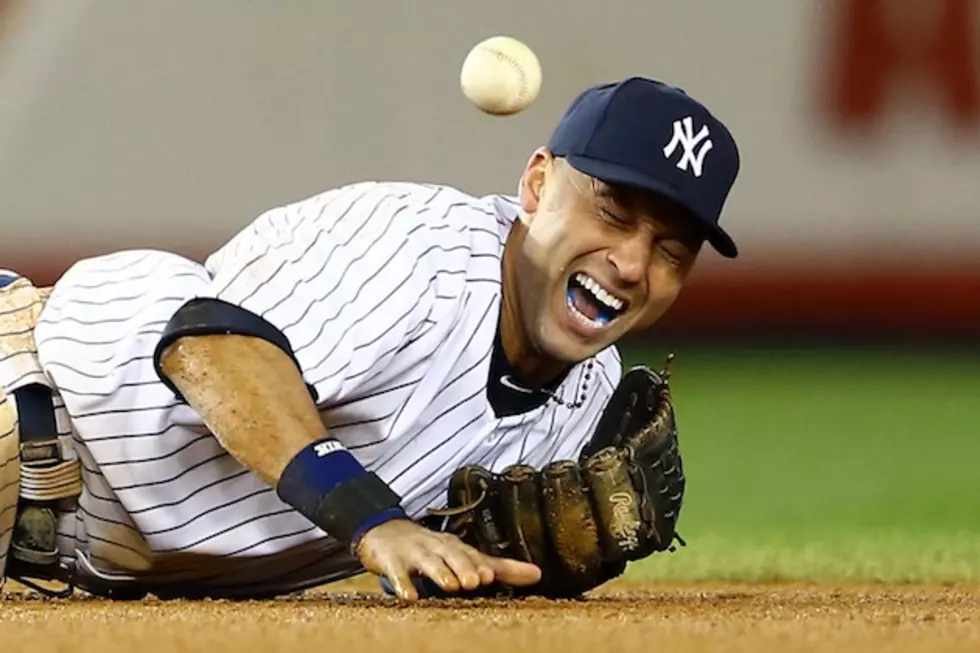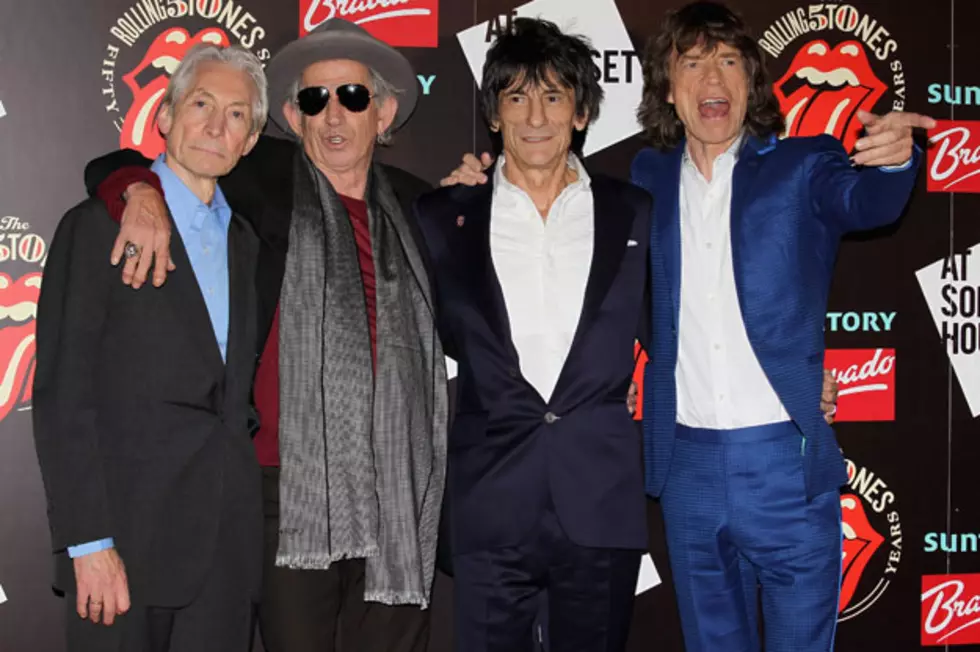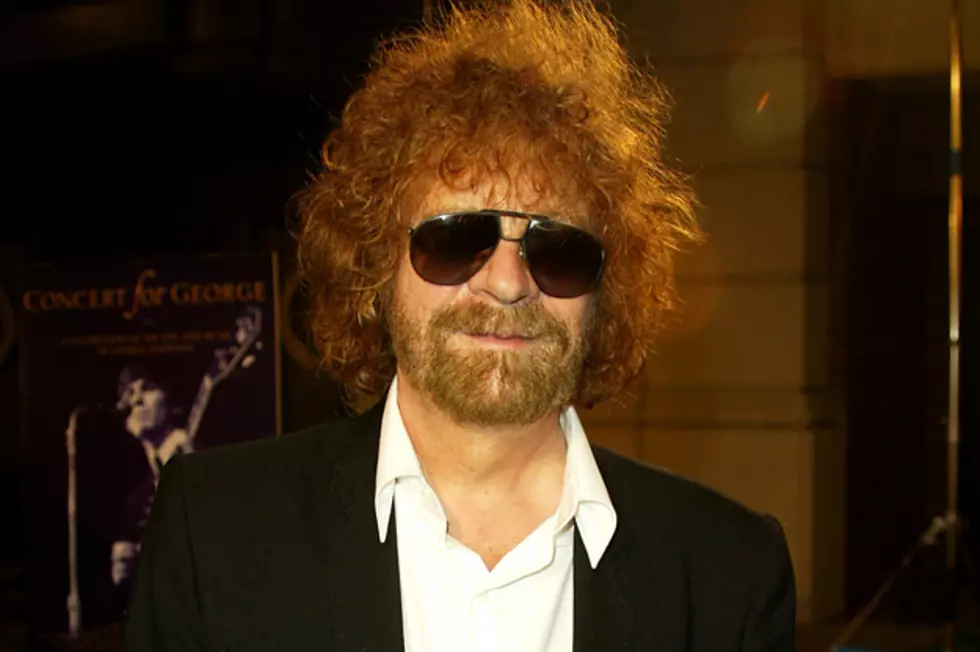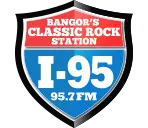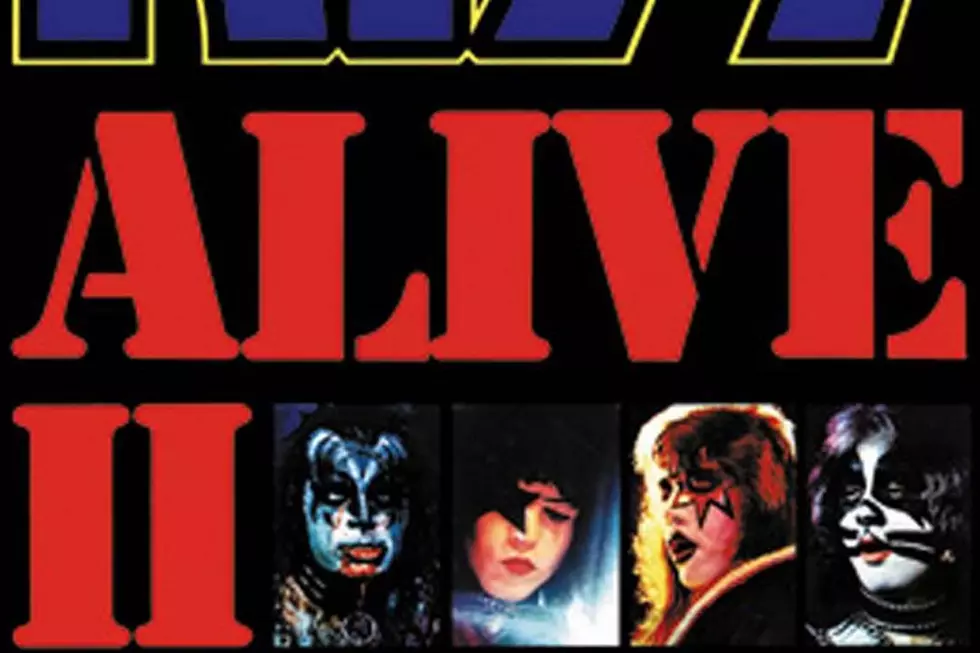
How Kiss’ ‘Alive II’ Hinted at the End of Their Golden Era
Kiss unleashed their first sequel in October 1977, barely two years after the release of the band's career-electrifying debut concert album, Alive! In retrospect, Alive II may have marked the peak – and also the beginning of the end – of the group's first golden era.
It certainly capped the busiest time in their lives. In order to take advantage of their insane popularity around the world, the group was on a never-ending tour, recording and promotional schedule. The double live album was the eighth commercial release in the band's not even four-year-old career, and came just three months after their last studio effort.
In order to avoid using any of the same tracks from the first Alive!, Kiss included songs from the three studio records they released in its wake on II, Love Gun, 1976's Destroyer and Rock and Roll Over.
Despite the fact that those records were better produced than Kiss' first three studio efforts, much like its older brother, the performances on Alive II were often more muscular and energetic than their original versions. The opening one-two punch of "Detroit Rock City" and "King of the Night Time World" is a good example of this difference, and the record also features particularly dynamic versions of the Paul Stanley showcases "Makin' Love," "I Want You" and "I Stole Your Love."
Other highlights include a cowbell-happy "Ladies Room" and a storming, double-time take on what was fast becoming Gene Simmons' signature song, "God of Thunder." Peter Criss sings both of his hit ballads – "Hard Luck Woman" and "Beth" – and Ace Frehley takes lead vocals and an extended guitar solo on "Shock Me."
The 15 songs included on Alive II filled only three album sides, so the group recorded five new studio tracks to round out things. Years later, Stanley wouldn't reflect too highly on three of those songs; labeling "Rockin' in the USA" "schlock," their cover of the Dave Clark Five's "Any Way You Want It" "too studied" and citing "All American Man" as proof that he was "struggling to come up with songs."
Simmons fared better with the dramatically paced "Larger Than Life," but it was Frehley who stole the show with his not-so-subtlety titled "Rocket Ride." Unfortunately, in one of the biggest signs of disharmony within the group to date, the guitarist did not play on the other four new tracks.
"Paul called me and said that they were having some problems with Ace," explained Bob Kulick of how the band hired him to take Frehley's place on three of the tracks. "He told me that it would be kept on the QT, it would be a friend thing and I would get paid." (Reportedly, Stanley played all the guitar on "Any Way You Want It.")
Frehley's absence from the sessions pointed out how Kiss had fractured into two camps at this point. He and Criss sought more freedom and space for their songs on the band's albums, while Stanley and Simmons were tired of what they perceived as irresponsible behavior from their hard-partying bandmates.
Part of the reason for the release of Alive II (and the following spring's Double Platinum hits collection) was to buy time for each band member to record their own solo album. All four records were released on the same day in September 1978, with the hope that it would relieve the pressures within the group and allow them to re-unify for more successful albums and tours.
It didn't work out that way. The somewhat surprising success of Frehley's solo album only increased his desire to pursue a solo career, and Criss was largely absent when the group began recording their next album, 1979's Dynasty.
Anton Fig reportedly performed drums on all but two tracks on that album, but more important than the recording credits was the fact that the record's disco- and pop-influenced sound was too far removed from the direct hard-rock approach featured on Alive II. Kiss had lost their way, and by the time they found it again Frehley, Criss and the '70s would all be long gone.
Kiss Albums Ranked
Which Rock Star Would Ace Frehley Raise From the Dead?
More From WWMJ Ellsworth Maine
